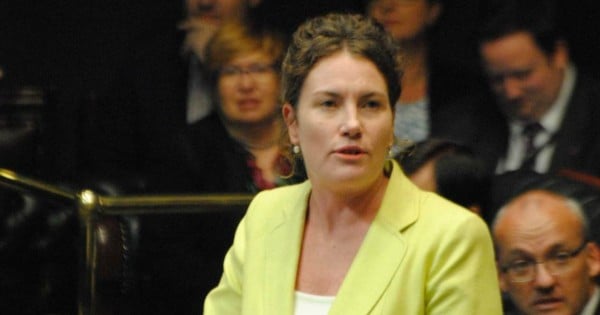
As the newly-named 2016 Australian of the Year, Lieutenant David Morrison has pledged to focus his efforts, in part, on eradicating domestic violence — building, of course, on the important groundwork laid by Rosie Batty before him.
Ms Batty’s personal story of domestic violence had, and will continue to have, an unprecedented impact on how the public perceived such a complex and urgent problem.
Now, with domestic violence firmly secured as a matter of public priority in 2016, we look back at another poignant, personal story of domestic violence: that of NSW Labor MP Trish Doyle.
Here, Doyle tells Catherine Keenan — Australia’s Local Hero 2016 — how her personal memory of domestic violence has shaped her identity, and how she found the courage to share it with her community.
The power of a single story
Sometimes, in politics, a story matters. In the white noise of discussion papers and policy statements, a single story can rise up, like a flare in the night, illuminating an issue with sudden clarity.
This happened with Trish Doyle’s maiden speech in the NSW Legislative Assembly.

